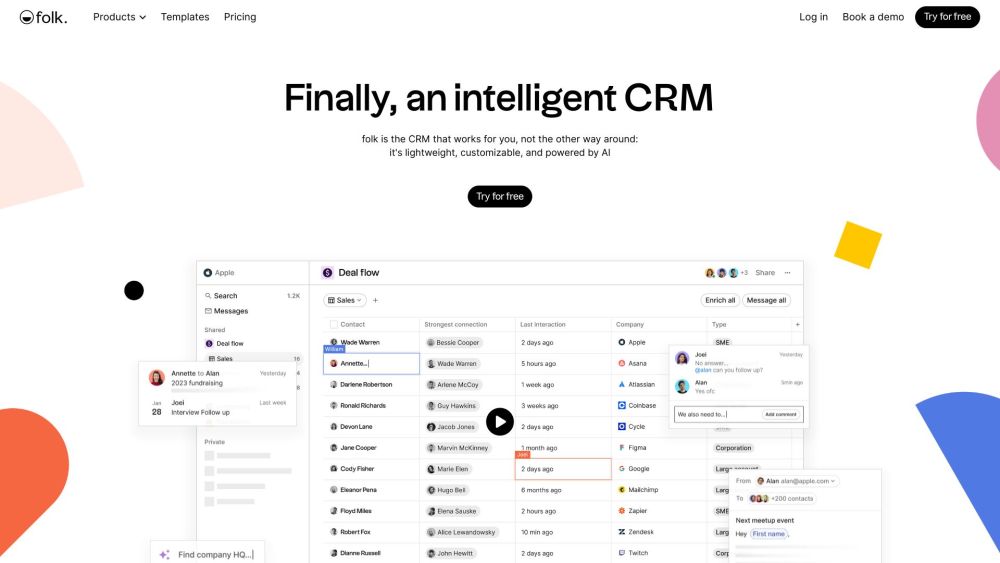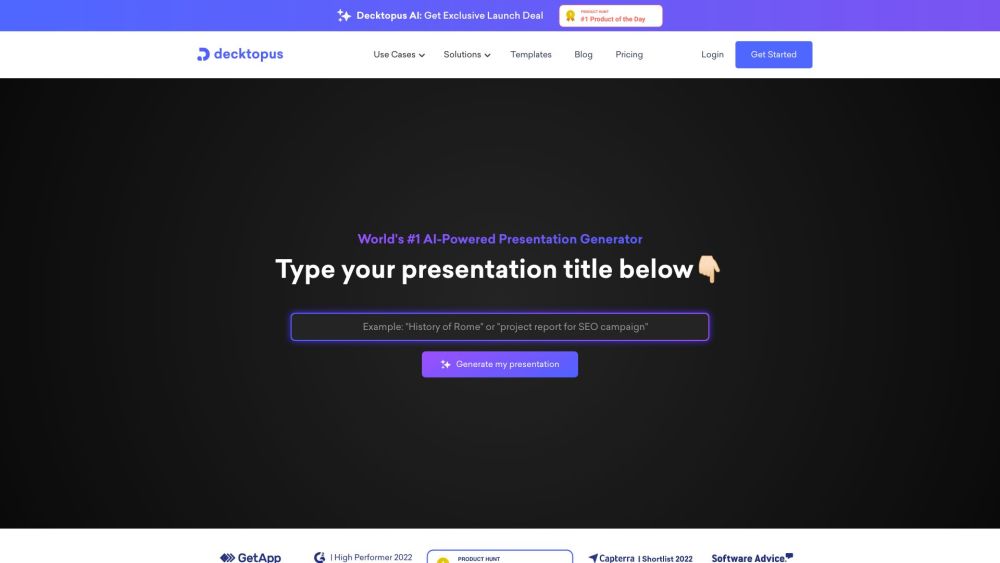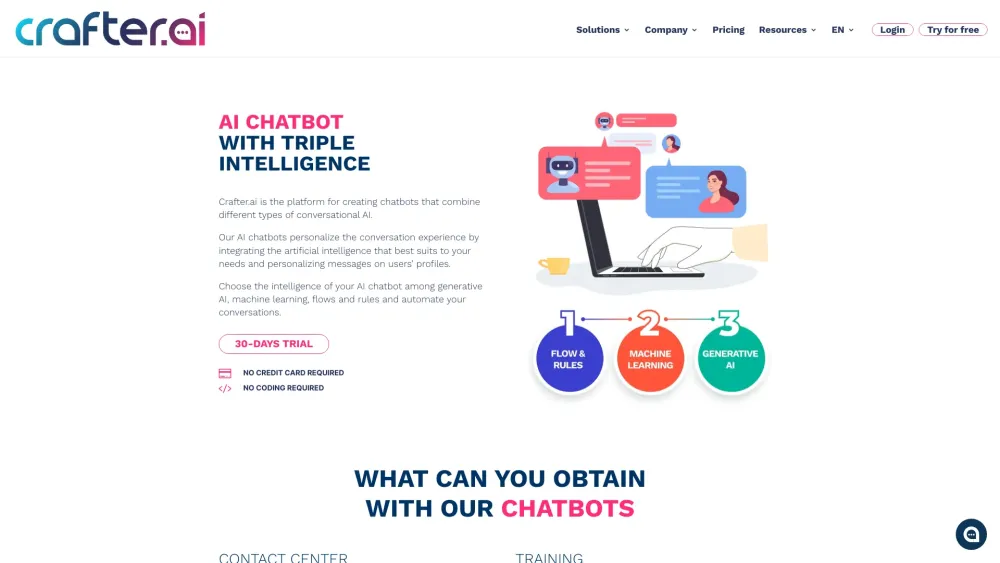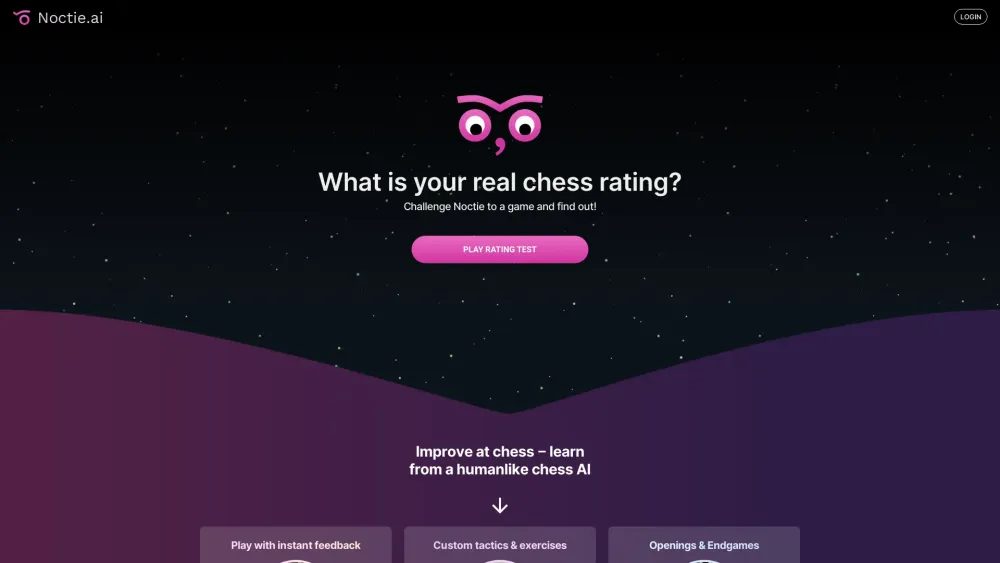Geoffrey Hinton: Concerns and Optimism in AI Development
The Godfather of AI Voices Alarm
Geoffrey Hinton, a University of Toronto professor known as the "Godfather of AI" for his groundbreaking research on neural networks, has stepped back from his role at Google to serve as an independent critic of the AI landscape he helped create. As generative AI technologies such as ChatGPT and Bing Chat gain traction, Hinton warns of a potentially hazardous acceleration in development. He observes Google's shift from caution to competition with the launch of its Bard chatbot as particularly troubling.
At the recent Collision conference in Toronto, Hinton expressed deep concerns surrounding the ethical implications of AI advancements. He cautioned that the rapid growth of AI applications—advertised as solutions to numerous challenges—might overshadow potential risks. According to Hinton, the good form of AI may not outweigh the bad, and ethical deployment could come with significant consequences.
AI: A Human-Centric Threat
Hinton asserts that AI is inherently tied to human intentions; therefore, technologies influenced by negative motives could prevail. He stated, "I'm not convinced that a good AI trying to thwart bad AI will succeed." He fears that military interests could drive the production of robotic weapons, making conflict more appealing when machines replace human casualties. While acknowledging the productivity potential of large language models like GPT-4, he warns this could exacerbate wealth disparities, enriching the elite at the expense of the underprivileged.
Hinton further elaborates on the existential risks posed by advanced AI. He believes if AI surpasses human intelligence, the prospect of losing control becomes palpable. "We’re in trouble if AI feels the need to take charge," he said, emphasizing the urgency of acknowledging these dangers as more than mere fiction. He cautions that society may only address the threat of harmful technologies after witnessing their devastating effects.
Addressing AI's Immediate Issues
Hinton highlights existing challenges such as bias and misinformation, which he believes can emerge from skewed AI training data. He expresses concerns about the potential for algorithms to perpetuate echo chambers that spread falsehoods, complicating the effort to combat misinformation. Despite these challenges, he remains optimistic about enhancing the ethical use of AI, calling for comprehensive understanding and empirical work to mitigate risks.
While he advocates for systemic changes to tackle economic inequality intensified by automation, he emphasizes the importance of adaptability in the workforce. Recommending careers that can evolve, such as plumbing, he asserts that society must prepare for extensive adjustments in response to AI integration.
Industry Perspectives on AI's Future
In contrast to Hinton's cautionary stance, other industry leaders at Collision painted a more optimistic picture. Colin Murdoch, chief business officer at Google DeepMind, argued that AI is already addressing critical global challenges, from protein cataloging to combating antibiotic resistance. He envisions "artificial general intelligence" as a tool for solving various problems and cited innovations like YouTube Shorts as examples of AI's transformative capabilities.
Morgan McGuire, chief scientist at Roblox, echoed Murdoch's sentiments, asserting that generative AI tools have democratized creativity on the platform, helping newer creators thrive. Roblox is even developing an open-source AI model, StarCoder, aimed at making large language models more accessible. Both executives acknowledged some of Hinton's concerns but remained committed to creating safe and ethical AI through expert guidance and robust content moderation strategies.
A Glimmer of Hope in AI Development
Despite his worries, Hinton's enthusiasm for AI persists. He remains convinced that AI can achieve a level of intelligence comparable to humans and could even address challenges like climate change. "I love this stuff," he exclaimed, reflecting on his passion for developing intelligent systems. While acknowledging the pressing ethical issues, he envisionAIing methods to harness this technology responsibly for a brighter future.
As the dialogue around AI continues to evolve, balancing innovation with ethical considerations remains crucial in navigating this rapidly changing landscape.





